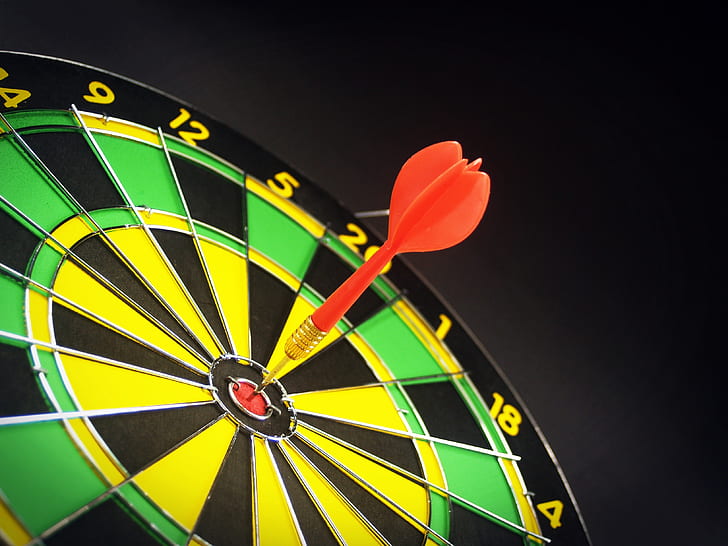Main targets of ibogaine and noribogaine associated with its putative anti-addictive effects: A mechanistic overview
Authors:
Genís Oña, Ingrid Reverte, Giordano N. Rossi, Rafael G. dos Santos, Jaime E. C. Hallak, Maria Teresa Colomina, and José Carlos Bouso.
Journal:
Journal of Psychopharmacology
Year:
2023
About the study
The paper provides a detailed review of the pharmacological actions of ibogaine and its metabolite noribogaine, highlighting their potential in treating substance use disorders. It emphasizes the need to understand ibogaine’s effects through its interaction with multiple biological targets, including opioid receptors, dopamine transporters, and serotonin transporters, which may collectively contribute to its anti-addictive properties.
Abstract
Background: There is a growing interest in studying ibogaine (IBO) as a potential treatment for substance use disorders (SUDs). However, its clinical use has been hindered for mainly two reasons: First, the lack of randomized, controlled studies informing about its safety and efficacy. And second, IBO’s mechanisms of action remain obscure. It has been challenging to elucidate a predominant mechanism of action responsible for its anti-addictive effects.
Objective: To describe the main targets of IBO and its main metabolite, noribogaine (NOR), in relation to their putative anti-addictive effects, reviewing the updated literature available.
Methods: A comprehensive search involving MEDLINE and Google Scholar was undertaken, selecting papers published until July 2022. The inclusion criteria were both theoretical and experimental studies about the pharmacology of IBO. Additional publications were identified in the references of the initial papers.
Results: IBO and its main metabolite, NOR, can modulate several targets associated with SUDs. Instead of identifying key targets, the action of IBO should be understood as a complex modulation of multiple receptor systems, leading to potential synergies. The elucidation of IBO’s pharmacology could be enhanced through the application of methodologies rooted in the polypharmacology paradigm. Such approaches possess the capability to describe multifaceted patterns within multi-target drugs.
Conclusion: IBO displays complex effects through multiple targets. The information detailed here should guide future research on both mechanistic and therapeutic studies.
Photo by Pickpik.
Categories:
Studies & papers
, Iboga and ibogaine
, Psychedelics
Tags:
ibogaine
, scientific research
, study
, iboga
, psychedelics
, hallucinogens
, substance use disorders
, noribogaine
, anti-addictive

